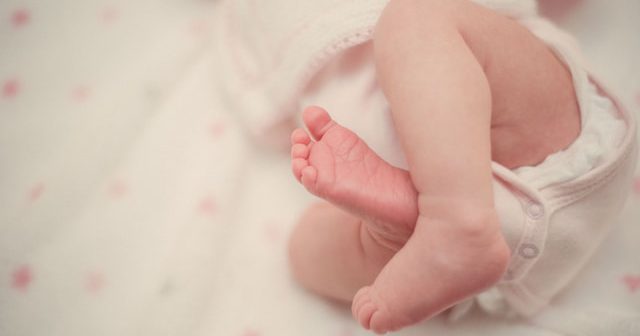New mothers are often bombarded with endless advice from friends, family members, and colleagues. Once you deliver the baby, everyone close to you can’t wait to share their opinions on how you should care for your baby. While some information may be helpful and can ease your postnatal stage, you can easily get confused.
Learning various baby-related issues, including nutrition, potty training, and sleeping routines, is certainly tasking. However, you should get your facts right on various baby issues. For instance, diapering is the key to a happy and comfortable baby. Doing it wrong, directly and indirectly, affects your baby’s health. Below are a few facts and myths about diapering.
Is it safe to use diapers every day?
Diapering your baby every day is not recommended. Infants and toddlers have very sensitive skins that require gentle handling. Using diapers throughout the day can irritate your baby’s skin and cause rashes. New mothers should restrict diapers for special occasions, such as when traveling.
Even then, you should choose your baby’s diapers cautiously, especially if you intend to diaper them for several hours. Unlike before, some companies manufacture skin-friendly diapers, such as Honest Baby Diapers, which are friendly to the baby’s skin. Some options also have air gaps that ensure the baby’s bum remains dry and fresh. You should use different diaper types for different occasions. For instance:
- Use overnight diapers at night, as they are designed for comfort to ensure your baby enjoys a good night’s sleep.
- Use paper diapers during the day instead of heavy diapers.
- Opt for gel-based diapers instead of normal diapers. Gel-based diapers are more absorbent and keep the baby’s skin dry.
- Choose diapers with cream and oil coating, as they are soft on the baby’s skin. However, watch out for allergies.
- Always change baby diapers immediately if they are soiled.
- If possible, give your baby a break before diapering them again.
- Choose diapers according to the baby’s age to avoid discomfort.
Using diapers causes rashes
That diapers cause rashes is a myth that most new mothers believe. Unfortunately, diapers don’t affect your baby’s skin. Babies often develop rashes due to prolonged exposure to soiled diapers. Diapers can convert liquid baby soil into gel formulations, which keeps your baby’s skin dry. However, if you don’t remove a full diaper, moisture, and chemicals from your baby’s soil cause skin irritation. Diaper rash can also occur because of:
- Moisture buildup – Full diapers can trap moisture, which promotes bacterial infections that cause rashes.
- Chafing – Friction between your baby’s gentle skin and diapers also causes rashes. This commonly occurs if the baby’s skin is very sensitive or an unsatisfactory diaper quality.
- Antibiotics – Rashes can also occur when your baby is under antibiotic treatment. Antibiotics deplete your baby’s normal microbial flora, giving way to bacterial and yeast infections.
- Change in diet – Some foods can cause allergies and rashes.
The best way to avoid diaper rash is to change diapers frequently and use quality diapers.
Large-sized diapers can prevent rashes
This is another widely accepted myth among new mothers. As mentioned, diaper rash is caused by many factors, including friction between a wet diaper and the baby’s skin. However, this doesn’t mean you should use excessively loose diapers. Diapers are like clothes. You should choose comfortable and well-fitting diapers for your baby.
Using large diaper sizes leads to more leaks, slip-ups, and messes. Essentially, you should ensure the diaper fits the baby’s leg snugly. The tabs should also be easy to close without much tugging. Most manufacturers have size guidelines to help new mothers choose the right size.
Diapers delay potty training
The effects of diaper use on potty training are the other widely debated topic on the internet. However, this is a myth, and diapers don’t affect the age of potty training. Transitioning from diapering to using a restroom is a significant milestone for children. Most people think that children accustomed to wearing diapers delay potty training, which is untrue.
This argument is strongly supported by the fact that babies in the Philippines and India, where cloth diapers are popular, achieve potty training from 11 to 15 months. Some people argue that the sensation of being dirty or wet makes it easier for children using cloth diapers to potty train.
However, this isn’t true because potty training primarily depends on the child’s developmental readiness. Most babies complete potty training and stop using diapers aged between 18 to 30 months. Others rely on diapers until the age of 4. Children develop differently, and the age at which your child completes potty training can vary. Parents should wait until their children show signs that they are ready for potty training.
Endnote
New mothers should sift and separate myths from facts when raising their newborns. Apart from diapers, you should also separate facts from myths in other issues surrounding baby care.





Hi ! This topic is very interesting but I need to know where they write letters to the nurse, maybe someone here can tell me ?
I really enjoyed it, I want to know more about this article because it is very good, keep it up. Thanks for sharing.